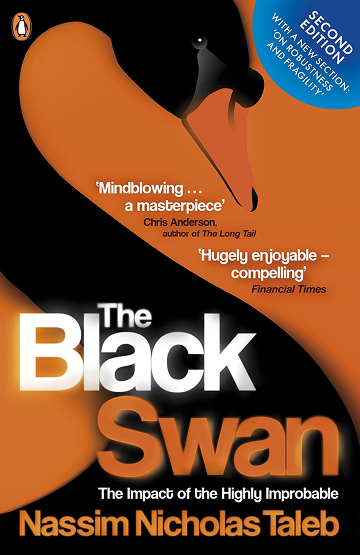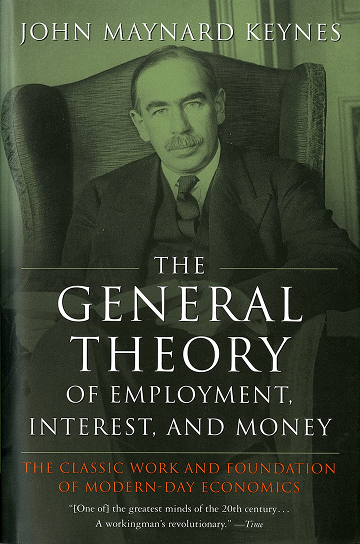
Bruce Babcock Biography, Career, Net Worth, and Key Insight



Bruce Babcock’s Profile Summary
|
Company
|
Self-employed |
|---|---|
|
Position
|
Trader and Author |
|
Source of wealth
|
Trading profits from commodity markets, income from book sales and publications, revenue from software tools and trading systems |
|
Also known as
|
Author, trading system developer, educator in commodity futures trading |
|
Age
|
Unknown |
|
Education
|
University of California, Berkeley - B.A. in Business Administration, Berkeley Law School - J.D. in Law |
|
Citizenship
|
United States |
|
Residence
|
United States |
|
Family
|
Information about his family is |
|
Website, Social Media
|
https://www.amazon.com/Books-Bruce-Babcock/s?rh=n%3A283155%2Cp_27%3ABruce+Babcock |
Bruce Babcock’s biography
Bruce Babcock was a renowned figure in the field of commodity futures trading. He initially pursued a career in law after earning a degree in business administration and a law degree from the University of California, Berkeley. However, in 1979, he shifted his focus to trading. Bruce became widely known for his expertise in developing and implementing trading systems, particularly for commodity markets. His publications, such as The Four Cardinal Principles of Trading and The Dow Jones-Irwin Guide to Trading Systems, made him a significant figure in the trading community. Babcock also ran the Commodity Traders Consumer Report, a monthly magazine that critically analyzed commodity advisory services. His trading philosophy emphasized risk management and treating trading as a business, not a get-rich-quick scheme. Beyond trading, he developed software tools for traders and shared insights that helped both novice and experienced traders improve their strategies. He passed away in 1998 after battling cancer, leaving behind a legacy through his work and teachings-
How did Bruce Babcock make money?
Bruce Babcock makes money in the following areas:
Trading profits from commodity markets, income from book sales and publications, revenue from software tools and trading systems
-
What is Bruce Babcock net worth?
As of 2025, there is no publicly available and reliable information regarding Bruce Babcock’s net worth.
What is Bruce Babcock also known as?
Bruce Babcock gained recognition not only as a trader but also as a prolific author and educator in the field of futures trading. His books, such as The Four Cardinal Principles of Trading, provided clear, actionable insights for traders. Additionally, he was a pioneer in developing trading systems and software tools that were widely used by traders to analyze market trends and optimize trading strategies. His magazine, the Commodity Traders Consumer Report, became a trusted source for evaluating the performance of commodity advisory services. Through his writings, software, and teaching, Babcock shaped the futures trading landscapeProminent achievements of Bruce Babcock
Published multiple books on commodity futures trading, developed software programs for traders, founded Commodity Traders Consumer Report, achieved significant trading returns in the 1990s, recognized for his contributions to trading educationWhat are Bruce Babcock’s key insights?
Bruce Babcock believed in a disciplined approach to trading, emphasizing that success in the markets requires treating it like a business, not a gamble. He advocated for prudence and a systematic approach to achieve consistent, reasonable returns rather than chasing risky high gains. He stressed the importance of psychological control in trading
Bruce Babcock’s personal life
No detailed information available regarding Bruce Babcock's family.
Useful insights
Understanding market forces
In my experience, to truly succeed as an investor, it’s essential to understand the driving forces behind market behavior. Market movements aren’t random—they’re influenced by a range of economic theories and dynamics. The following books provide valuable insights into these forces, offering a deeper understanding of how global financial markets operate and what shapes their trends.
-
Nassim Nicholas Taleb – "The Black Swan"

-
Summary:
Taleb explores the concept of rare, unpredictable events—so-called "Black Swans"—that can have massive impacts on markets and society. These events are often overlooked by traditional risk management models, leading to devastating consequences when they occur. Taleb illustrates how these unpredictable shocks shape our world, often more than gradual, expected changes.
-
Why read it:
This book challenges conventional thinking about risk and uncertainty, showing that many major historical and financial events were "Black Swans." It's a vital read for investors who want to build resilience in the face of market volatility.
-
-
John Maynard Keynes – "The General Theory of Employment, Interest, and Money"

-
Summary:
Keynes revolutionized economics by focusing on total demand within an economy and its effect on output and inflation. His theory suggested that government intervention could stabilize economic cycles through fiscal and monetary policy. The book also explains the consequences of under-consumption and the role of interest rates in managing economic stability.
-
Why read it:
For investors interested in macroeconomic trends and policy impacts, Keynes’ work is essential. Understanding the Keynesian framework can help investors predict how government actions might influence market performance.
-
Other profiles in category
Popular Financial Guides
Latest Financial News

South Africa unveils digital visas to attract film and events

South Africa invests R710 million to expand free Internet access































































































































